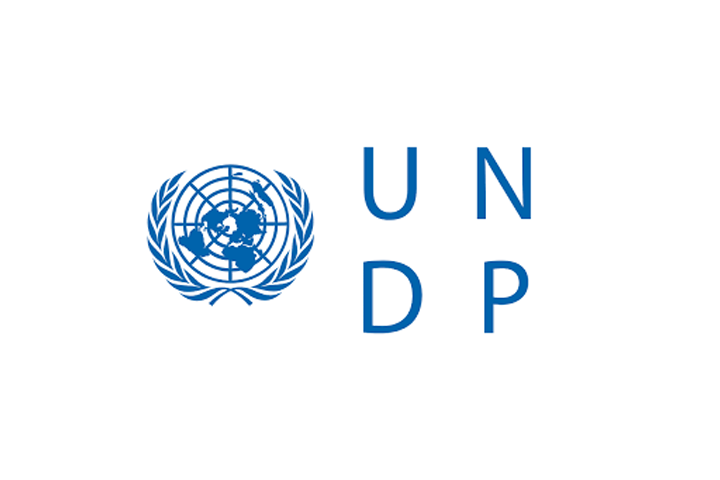Frans Djalong: Koordinator Program
Peneliti: Arifah Rahmawati, Luqman-nul Hakim, Mustafied, Nurul Aini, Ucu Martanto
Kegiatan Survei Nasional Kohesi Sosial untuk Pembangunan Berkelanjutan. (Strengthening Social Cohesion for Sustainable Development—SSCSD). Kerjasama PSKP UGM dan UNDP, 14 Desember 2011-31 Januari 2012. Kegiatan survei dilakukan di 5 propinsi pasca konflik (Aceh, Sulawesi Tengah, Maluku, Maluku Utara dan NTT). Kegiatan berupa observasi, wawacancara, wawancara mendalam bersama stakeholder kunci, FGD, dan analisis hasil kuesioner. Lokasi: 5 propinsi target, Yokyakarta dan Jakarta.
Produk Kegiatan: Laporan Baseline Survey, Policy Brief
Brief Description
Strengthening Social Cohesion for Sustainable Development
Baseline Survey
Areas Covered : 5 Provinces. Aceh (Pidie and East Aceh); Central Sulawesi
(Morowali and Poso District); Maluku (Buru Islands and
Ambon Municipality), North Maluku (Tidore Islands and
East Halmahere); East Nusa Tenggara (Kupang and Belu)
Survey Period : November 2011- February 2012
Project Partner: Crisis Prevention and Recovery Unit (CPRU)- UNDP
This baseline survey focuses on assessing social cohesion in post conflict and disadvantaged context of development. Framed within conceptual framework of how level of social cohesion relates to the interplay between local governance practice, capacity of state institutions and people representation, results of the survey explain the vulnerability of the existing peaceful-coexistence in the post-conflict areas. Weak capacity of the state in both conducting governmental or governance practices contributes in greater extent to the increasing distrust of local people to governance practice (Musrenbang of all levels) and the continued trends of violent dispute and clashes among local inhabitants to cope with problems of political, social and economic injustice. This baseline survey is part of CPRU-UNDP’s nation-wide efforts at peace-building and conflict prevention in post-conflict areas where peace remains fragile. Conclusive results of the survey are taken as valuable inputs for developing workplan of PTDDA, planned sequence of Peace through Development (PTD) initiative (2006-2011). Most of all, this activity and its findings are integral to CSPS’s renewed vision to relink democracy, human security, and development that enriches conceptualization of peace and formulation of framework for effective policy response and CSOs engagement.
